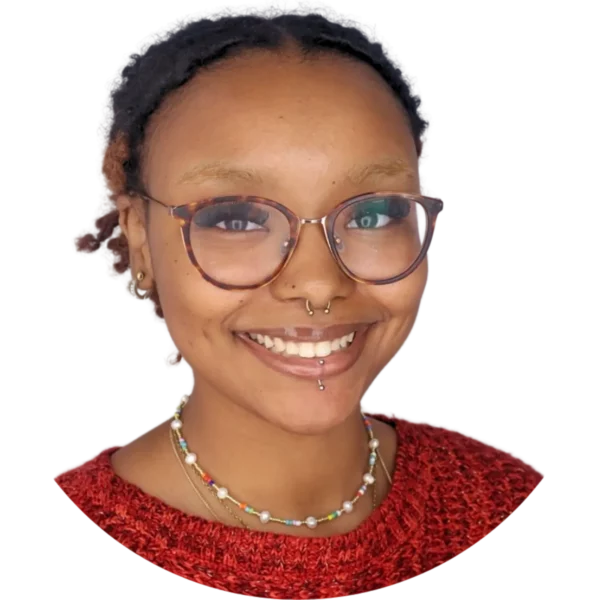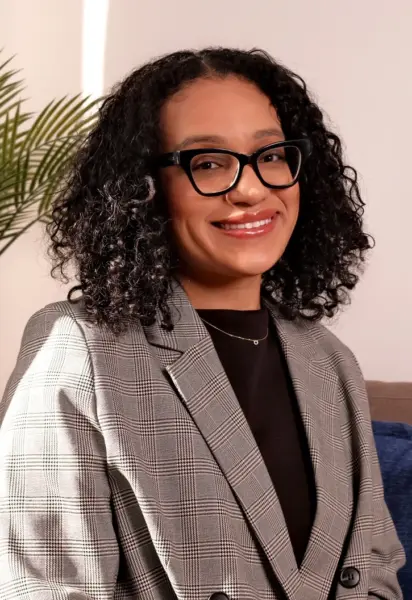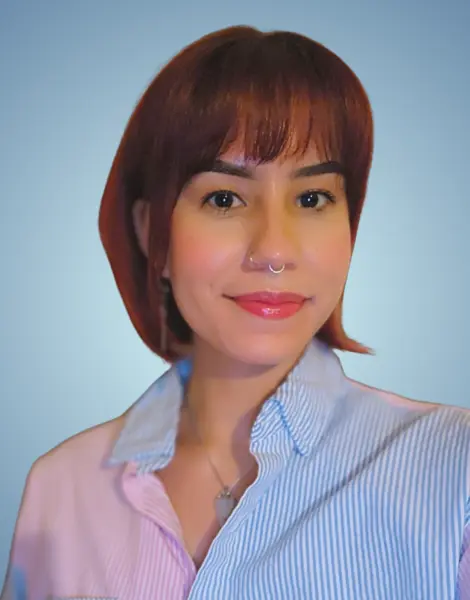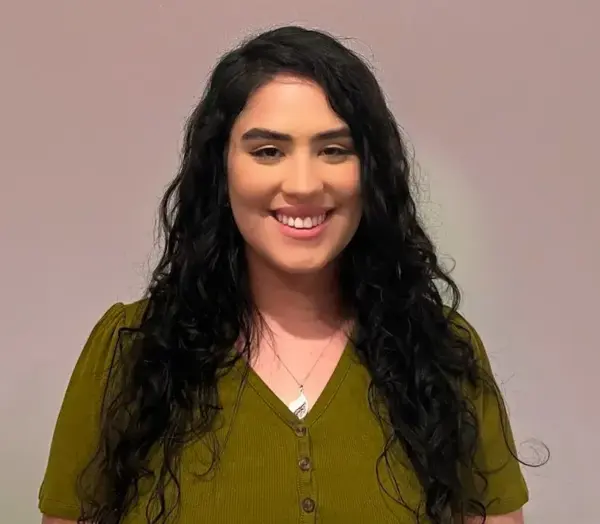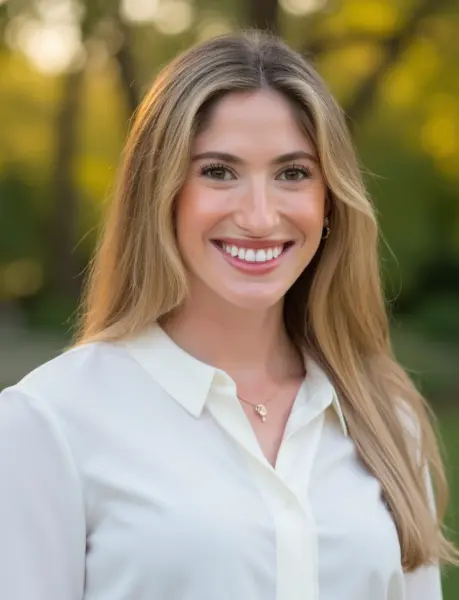Recognizing Seasonal Affective Disorder
(Even in Summer)
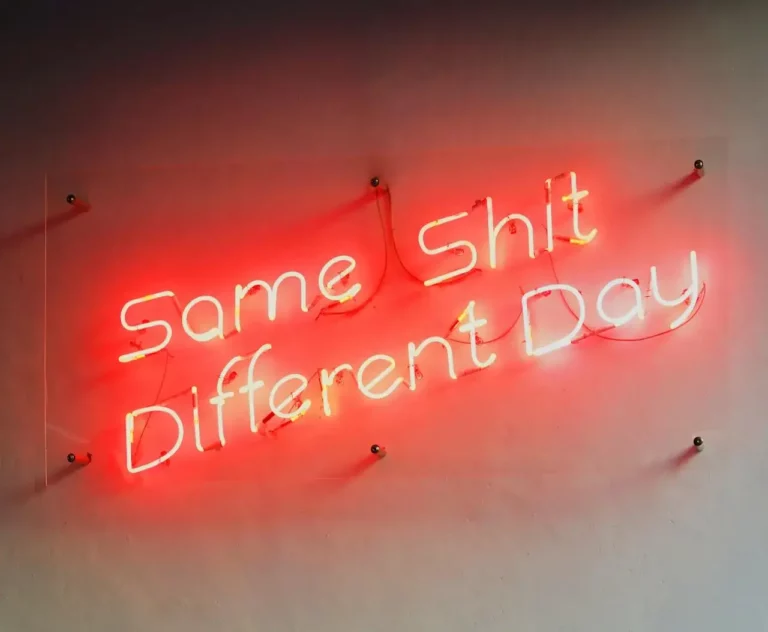
Have you ever wondered why, in the relentless heat of summer or the dead cold of winter, you or someone close to you just doesn’t feel right? Seasonal Affective Disorder (SAD) can be a silent struggle for many who don’t even realize they have it. This type of depression is characterized by a recurrent seasonal pattern, with symptoms lasting 4-5 months of the year. While many assume that SAD, also known as “seasonal depression,” only occurs during the cold, dark winter months, it can also manifest as summer-pattern SAD. Understanding the differences between these conditions and their symptoms is crucial.
What Does Seasonal Affective Disorder Look Like Compared to Depression?
Depression can include some or all of these symptoms:
- Persistent sadness, anxiety, and an empty mood
- Feelings of hopelessness
- Irritability and frustration
- Guilt and feelings of worthlessness
- Loss of interest in regular activities
- Poor concentration
- Changes in sleep and eating habits
- Physical aches and pains in the body
While similar to symptoms of depression, winter-pattern Seasonal Affective Disorder and summer-pattern Seasonal Affective Disorder present more narrow issues that have more to do with the seasonal changes happening at that time.
Seasonal Affective Disorder: Summer vs Winter
Symptoms of
Winter-Pattern SAD
- Oversleeping
- Overeating (can come from cravings and lead to weight gain)
- Social withdrawal
Symptoms of
Summer-Pattern SAD
- Trouble sleeping/insomnia
- Poor appetite/weight loss
- Restlessness or feelings of anxiety
- Irritable or aggressive behavior
When trying to determine whether you may be suffering from SAD, it is important to recognize the differences between SAD, depression, or some holiday blues. SAD is correlated with changes in daylight hours, not with the calendar months.
What is Seasonal Affective Disorder Caused By? Who Does it Affect?
People who already suffer from depression, anxiety, or any type of mood disorder are more likely to develop Seasonal Affective Disorder. This means that someone’s year-round symptoms could worsen and intensify during a specific season. Seasonal daylight and weather changes can trigger hormonal and emotional imbalances, causing the symptoms experienced by those affected by SAD.
What, who & Why:
Winter-Pattern SAD
Winter-pattern Seasonal Affective Disorder is most likely to impact people living in a northern location because of the little amount of daylight experienced in those regions during the winter season. People living in Florida, for example, will be less susceptible to SAD than those living in the Northeast. As a result of limited daylight, people will experience a lack of serotonin and Vitamin D, which are produced when you spend time in the sun. Finally, people can experience over-production of melatonin in the winter season, which is what causes abnormally long sleeping habits.
What, who & Why:
Summer-Pattern SAD
One of the things summer-pattern Seasonal Affective Disorder is caused by is reduced melatonin. In the summer season, when the days are longer and the nights are shorter, along with hot weather during the daytime, people can experience a lack of melatonin production, leading to many other SAD symptoms like insomnia and restlessness.
The consistent disruption of production in hormones like serotonin and melatonin, whether in excess or in shortage, can disturb the body’s circadian rhythm and therefore our mental health. SAD can affect anybody, but certain demographics are more likely to experience symptoms, and more deeply, than others.
How do Age & Gender Affect
Seasonal Affective Disorder?
Seasonal Affective Disorder & Teens/Young Adults
There is some evidence that suggests late teens and young adults in their early twenties are more likely to develop Seasonal Affective Disorder than other age groups. For this demographic, studies suggest that the lifestyle of young people’s studies, social lives, and extracurriculars are not conducive to the 9 to 5 schedule that most of the adult world operates on. The various responsibilities young adults hold can require them to do work outside of these regular hours, leading to an excess of stress and other emotional trials.
Seasonal Affective Disorder & Seniors
The other age group particularly susceptible to developing Seasonal Affective Disorder are seniors over the age of 65. As we age, our bodies become more sensitive to many things, one of these being light. When the seasons change and the amount of daylight increases or decreases, it can affect an older body’s hormones and functions. Furthermore, if a senior person is living alone, the change of seasons can make it more difficult for them to move around or get proper transportation, especially during inclement weather.
While anyone can be affected by Seasonal Affective Disorder, women are four times more likely than men to be diagnosed. Scientists don’t fully understand why women are more likely to be affected by SAD than men are, but decreased sunlight, lack of Vitamin D, and fluctuating estrogen levels can affect mood-balancing serotonin and other hormones.
Remember: Seasonal Affective Disorder
is not just a Winter Condition
Summer-pattern Seasonal Affective Disorder is far less common than winter-pattern SAD, and therefore less research has been done on it, but this does not mean it is unimportant or not real. Heat, humidity, or too much light can have effects on people with summer-pattern SAD similar to the ones that decreased daylight and darkness have on people with winter-pattern SAD. Also, allergies generally worsen in the summer, allowing for further physical and emotional agitation for those who suffer from severe ones. Some neurotransmitters that are used to control body temperature are also in charge of mood regulation, so it is possible that when temperatures and seasons make abrupt changes, the body reacts negatively in an emotional capacity as well as a physical one. Every person is unique, and therefore two different bodies will react to seasonal changes in two different ways, one no more important than the next.
How to Treat Seasonal Affective Disorder
Mind By Design offers various, unique treatments for those suffering from depression, mood disruptions and SAD in order to ensure that each individual is able to find their specific fit.
Our team of therapists specializes in treating depression through a series of online sessions in a productive and effective manner. Some of the treatment options you have with Mind By Design experts are:
- Cognitive Behavioral Therapy (CBT) in Depression Therapy
- Ketamine-Assisted Therapy for Treatment Resistant Depression
- Mindfulness-Based Stress Reduction
- Creative Expression Therapy
- VR Therapy
If you continually experience symptoms and situations that lead you to feel like you may need some extra help, Mind By Design Counseling may be your solution.
Schedule a free 10-15 minute consultation call with one of our experts today.
FAQ's About Therapy in New Jersey
Where are you located? I need a therapist near me
We are fully online, which means that your therapy sessions will be help via video call on our HIPAA compliant Platform. Anyone in New Jersey can access our therapy services
How do I get started as a new client?
New Clients can reach out to us directly via call, text or email here:
Does my insurance cover my visits?
We provide”Courtesy Billing” for clients who are using the Out-of-network insurance benefits.
Our Insurance Page might answer your questions about your insurance information, cost and OON coverage.
What are out-of-network benefits?
Visits our FAQ About Insurance to learn more about OON coverage for mental health services. We can also check your benefits for you. When using OON benefits, patients typically pay the full cost of the treatment upfront and then file a claim with their insurance company for reimbursement.
Is Online Therapy As Effective As In-Person Therapy?
Online therapy is essentially face-to-face counseling, just conducted remotely. Studies show that tele-therapy is as effective as traditional counseling. Professional organizations and state governments recognize its benefits and have set regulations for it. However, like any therapy, its success in achieving your goals isn’t guaranteed. It’s important to discuss with your therapist whether tele-therapy is working for you.
How Should I Prepare for My First Session?
Showing up is all that you need to do! But if you really want to get the most out of session, it could help to take some time to think about what you want from therapy. It helps to write down your goals, questions you have or things that you feel are important to share.
Do you offer traditional talk therapy?
of course! though we have some unconventional therapy approaches, we are rooted in evidenced based practices. Talk therapy is a major player in the therapy room! See What we Treat and Integrative Services for more information
Is Virtual Counseling Suitable for Everyone?
Online therapy might not be as effective for individuals with chronic suicidal thoughts, severe trauma, significant mental health history, or those recently in intensive care. Such cases often benefit more from traditional, in-person counseling. We’ll help you decide if our online services are right for you during your intake and evaluation.
Can I Change Therapists If I'm Not Happy?
Yes, you can switch therapists to another provider within the practice, or we can provide you a referral if preferred. We want to ensure that your time and effort are well spent, and that you are getting the relief you need, that’s why we work collaboratively with each other in the practice, as well as outside therapists who we know and trust.
How Do I Know If Therapy Is Helping?
You should feel like you’re making progress. Signs it’s working include:
- Feeling comfortable talking to your therapist
- Your therapist respects boundaries
- You’re moving towards your goals
- You feel listened to
You’re doing better in life - Your self-esteem is getting better
What is your cancellation policy?
We ask that clients provide at least 24 hours notice in the event that they need to cancel to avoid the 50% cancellation fee. we understand that life happens and do our best to be flexible & reschedule.
What Geographic Areas Are Served?
Currently, we serve clients in New Jersey and are expanding to other states as telehealth laws evolve. While telehealth offers the convenience of attending sessions from anywhere, state laws require clients to be in-state during their session.
Is Online Therapy Easy to Use for Non-Tech-Savvy People?
Yes, it’s pretty simple to access sessions. You’ll need basic internet skills, such as opening and visiting the patient link sent to you via email. It’s similar to video chatting like Facetime or Zoom. We can also walk you through it on the phone the first time to ensure a strong connection
What Questions Should I Ask My New Therapist?
Feel free to ask anything. Some good questions are:
- How often will we meet?
- What do you specialize in?
- What experience do you have with my issue?
- What outcomes can I expect?
- How will I know I’m progressing?
- How long do you usually work with clients?
- How will we set my treatment goals?
What is the difference between associate therapists & fully licensed therapists?
Our Qualifications:
Our founder, Rebecca Sidoti, is a highly qualified, state-licensed therapist and supervisor with extensive training in anxiety related disorders and innovative treatment such as Ketamine Therapy. Mind by Design Counseling adheres to standards set by the our governing counseling boards.
To see each providers credentials, training and licenses, visit our “Meet the Therapists” Page to learn more.
- LAC/LSW are therapists who may practice clinical work under the supervision of a fully licensed therapist.
- LPC/LCSW are therapists who have completed the necessary clinical hours post-graduation under supervision and can practice clinical work independently.
Ready to start Therapy?



